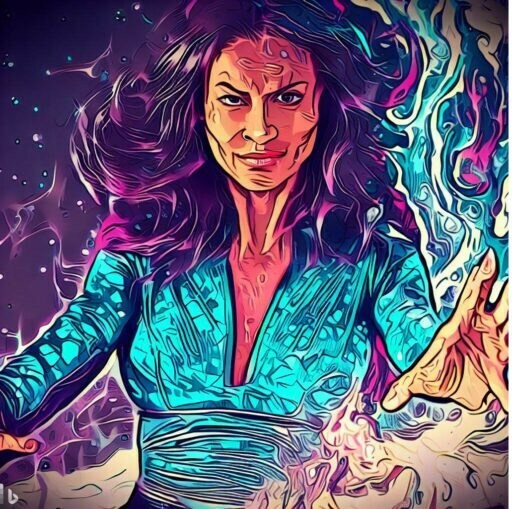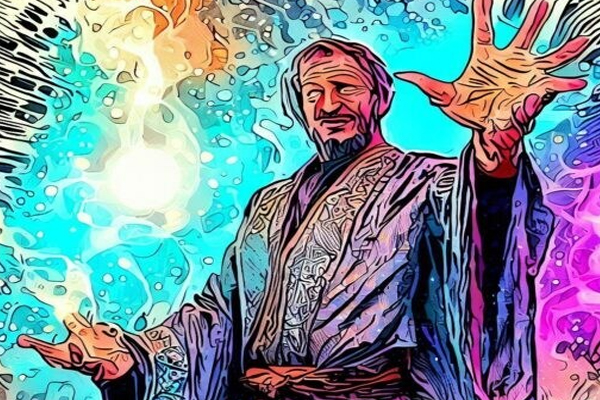Being proficient in AI ‘magic’ will become a key skill required by the workplace in the very near future, says Digital Science CEO Dr Daniel Hook.
While artificial intelligence (AI) appears scary and may threaten jobs, workers of the near future have less to fear from AI than they think if they are open to learning how to use AI as a tool that extends their capabilities. Dr Hook believes future workers will need to master the AI ‘dark arts’ to be highly employable.
Becoming a proficient user of AI ‘magic’ is going to become a key future skill, according to Dr Hook. He also believes that AI will become second nature, like using a word processor or search engine. With AI forming a central part of the Fourth Industrial Revolution, Dr Hook says the workforce has much to gain if they embrace new opportunities such as those offered by ChatGPT and other emerging AI technologies.
SECOND NATURE AI SKILLS
As a result, using AI could become less of a specialised skill set and more natural for most people in their daily working lives. Digital Science has adopted the abbreviation for “too long; didn’t read” and has launched its new TL;DR site to share accessible insights across five key themes:
- Global Challenges
- Research Integrity
- The Future of Research
- Open Research
- Community Engagement
Dr Hook has a significant interest in the development of AI technologies, some of which has clearly interplayed well with the development of Digital Science, as demonstrated by investments in Dimensions and Writefull. In his new post, Dr Hook says today’s best users of AI technology, known as ‘prompt engineers’, are a kind of “modern day programmer-cum-wizard who understands how to make an AI do their bidding”. He likens the skills required for getting an AI to produce a desired result as “something of a dark art”.

JOBS WILL CHANGE
“We are living in a world where what AIs can achieve seems magical to us – one in which we are only limited by our own imaginations. The consequences are wondrous and terrifying in equal measure,” he says.
This strange new world is one in which words have a new power that they didn’t have just a few months ago. However, “will prompt engineers be the social media superstars of tomorrow? Will they be the programmers that fuel future tools? Or, like using a word processor or search engine, will we all be required to learn some level of witchcraft?” Dr Hook asks.
With the emerging use of AI technology, humankind stands “in the midst of an exponential revolution” where technologies build upon and replace themselves in more rapid succession, he notes. “While world domination by an AI is not likely in our imminent future, it is almost a certainty that jobs will change. However, if we view AI as the tool that it is, and think about how it can complement our work, we begin to position ourselves for the new world that is emerging,” concludes Dr Hook.
Read the full post titled Tinker, Researcher, Prompter, Wizard here.




































